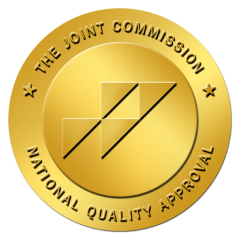We tend to spend a lot of time preparing in advance for an interview, including those that are held over the phone. Polishing your resume, going over common interview questions and talking points, reviewing your experience and accomplishments, practicing how to speak clearly and slowly… that’s all very important. But it’s also vital that you don’t forget about the end of the interview – because it’s one of the most crucial moments of the entire conversation.
Here’s what to say at the end of a phone interview:
Come prepared with questions.
Almost invariably, the interviewer will ask you if you have any questions for them as the interview draws to a close. If you say “no,” it’ll appear that you’re disinterested or just want to get the call over with. Always think of a few questions to ask ahead of time; more about the company culture or structure, or further details about the position you’re interviewing for, for example. Keeping the conversation going shows that you care, and it’s a great way to find out the information you might not otherwise be told.
Ask about next steps.
Asking about what happens next after the phone interview serves two purposes. First, it lets you know what to expect, whether it’s another phone call, a video chat, or an in-person interview. Secondly, it shows that you’re looking ahead to further interactions with the company, and that you’re confident you’ll advance to the next round of interviews.
Reiterate your value.
It’s a good idea to make it clear again why you believe you’re a great fit for the role, and what kind of value you’ll be bringing to the company assuming you’re hired. Try something like, “I’m glad we were able to speak today. With my X years of experience in the field, I think I can do a lot to support the existing team, and I look forward to next steps.”
Remember to say “thank you.”
Of course, you’ll always want to wrap up by thanking the interviewer for their time. A simple “Thanks so much for speaking to me today – I look forward to hearing from you” will go a long way. Being polite is simply the best way to make a good impression and ensure you’ll be a good addition to the team.
Land Your Next Interview
Struggling to find interviews with great companies who match your vision and values? Let Medical Talent help. Our skilled recruiters won’t rest until you’ve found a position that checks all the boxes. Contact us today to learn more and get started.
